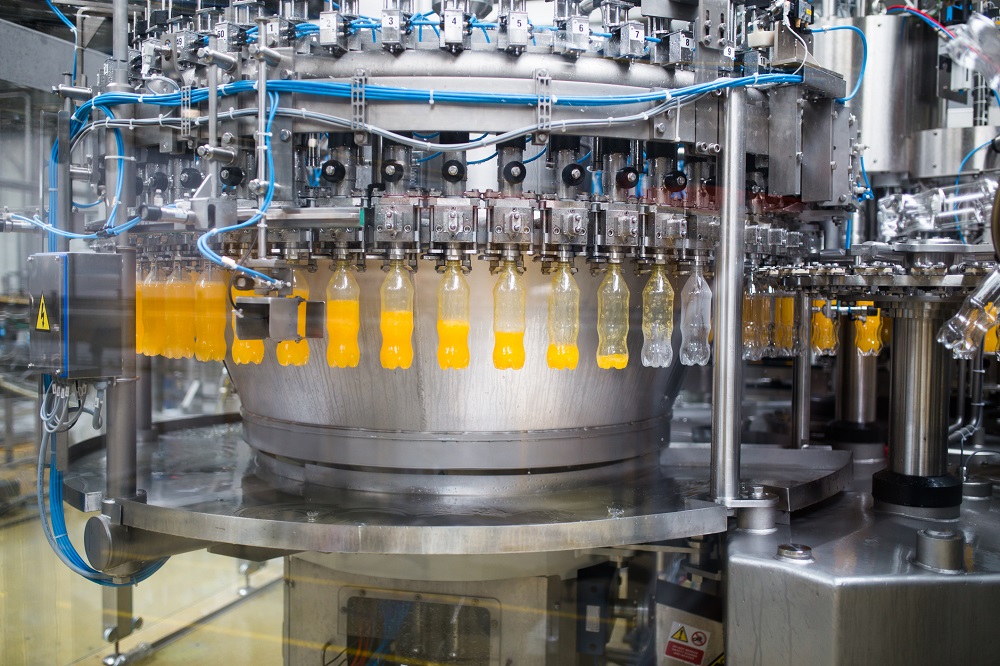The UK food and drink manufacturing sector is under continued pressure. Consumer preferences are shifting, costs are climbing, sustainability requirements are increasing, and supply chains face global disruption. For HR Directors and Leaders steering through these complexities, the industry presents unique challenges that demand strategic foresight and agile leadership.
Changing Consumer Demands and Sustainability
Consumers today are prioritising health, ethics, and environmentally friendly practices more than ever. They’re scrutinising not just the nutritional value of products but also how those products are sourced, packaged, and delivered. The demand for sustainable packaging has skyrocketed—no longer an afterthought, it is now a core requirement.
HR leaders have a pivotal role in driving sustainability efforts. Human capital is critical to sustainable innovation, whether it’s training employees to work with eco-friendly materials or adopting green manufacturing technologies. Aligning workforce capabilities with sustainability goals enhances a company’s market appeal and strengthens brand loyalty.
Rising Costs and Economic Pressures
Raw materials, utilities, and transportation costs have surged due to global economic trends, supply chain disruptions, and political instability. Food and drink manufacturers are grappling with razor-thin profit margins, forcing businesses to absorb costs, identify efficiencies, or pass the burden onto their customers.
HR leaders play an instrumental role during times of change. Cost pressures often lead to difficult decisions, including staffing adjustments. Ethical career transition services—also known as outplacement support—can provide crucial assistance during restructuring, helping maintain morale and protect brand reputation. Partnering with compassionate, people-focused providers like INTOO ensures employees are guided through this pivotal phase and supported in transitioning to new opportunities, while delivering value-led solutions to the organisation.
Supply Chain Disruption
Supply chain challenges have become a dominant issue in the sector. Brexit complexities and geopolitical tensions have significantly disrupted global supply chains, creating delays, shortages, and cost spikes. For food and drink manufacturers operating within tight production timelines, these disruptions are particularly difficult to manage.
While rethinking operations is often necessary, a strong, engaged workforce is equally critical. HR leaders can build resilience across teams, ensuring employees are equipped with problem-solving skills and remain adaptable to change.
Labour Challenges
The food and drink manufacturing sector faces a persistent labour shortage, exacerbated by Brexit-related restrictions, an ageing workforce, and evolving skill requirements. Additionally, attracting top talent can be an uphill battle in such a competitive market.
HR Directors and Leaders should focus on creating meaningful development opportunities while fostering a culture of growth and flexibility. Collaborating with industry stakeholders, training institutions, and career transition organisations can help build regional networks that encourage redeployment and retraining—ensuring skilled workers remain within the sector.
Robotics and Automation Adoption
Robotics and automation are transforming the food and drink manufacturing landscape. These technologies drive efficiency, improve quality, and reduce costs—but they also introduce challenges, particularly regarding workforce displacement and skills transitions.
For HR leaders, balancing automation with a motivated workforce is key. Identifying skill gaps and delivering robust upskilling or reskilling programmes ensures employees remain central to the organisation’s future.
Political and Regulatory Uncertainty
From shifting agricultural policies post-Brexit to evolving food safety standards, the sector faces an ongoing wave of regulatory changes. Political decisions continue to impact trade tariffs, labour costs, and sourcing strategies—requiring thoughtful and forward-looking workforce planning.
HR leaders can support this by fostering compliance-focused training and enabling strategic partnerships that anticipate regulatory trends, helping the business maintain a competitive edge.
Thriving Amid Change in Food and Drink Manufacturing
While the challenges facing the UK’s food and drink manufacturing sector are significant, they also represent opportunities for growth and innovation. Businesses that focus on sustainability, digital transformation, and workforce agility will be better placed to capitalise on shifting market dynamics.
HR leaders are uniquely positioned to drive these transformations. By building a resilient, skilled, and adaptable workforce, they can help organisations achieve operational excellence and secure their place as industry leaders.
INTOO specialises in empowering HR teams to tackle these challenges head-on. Through tailored outplacement, leadership coaching, and change management solutions, we partner with organisations to unlock their workforce’s potential and enhance business outcomes.
Please reach out to GetInTouch@intoo.com if you would like to learn more about our approach.

